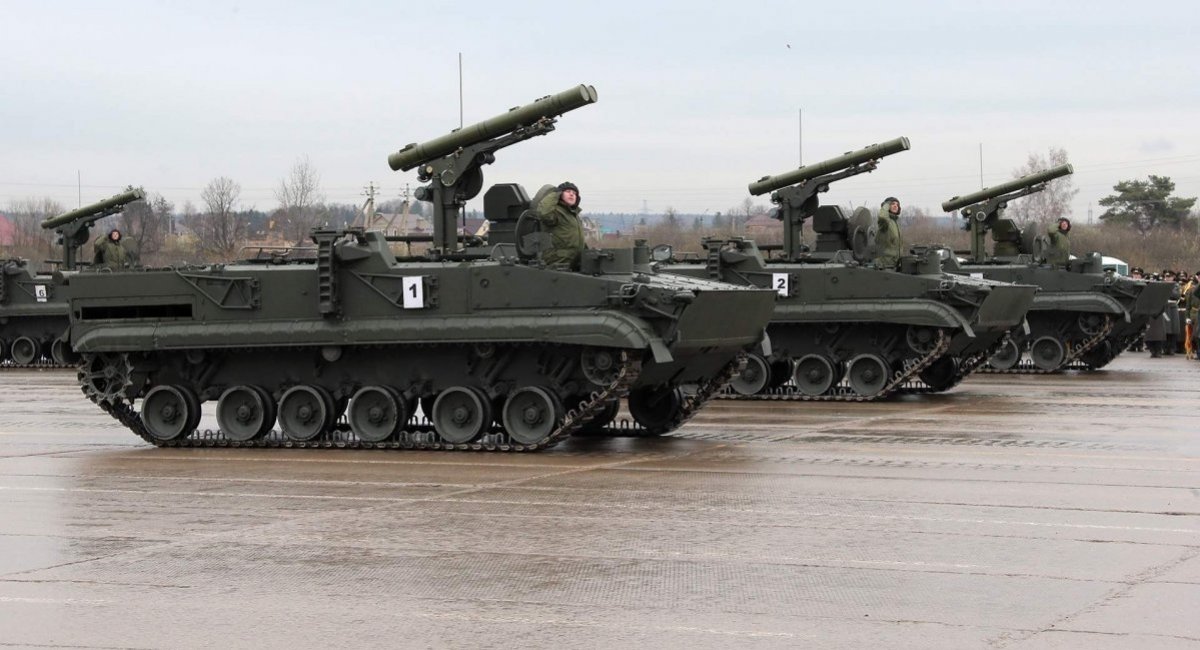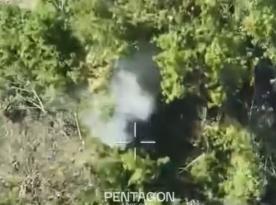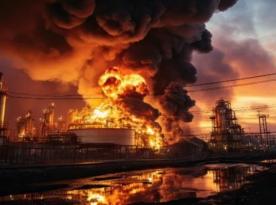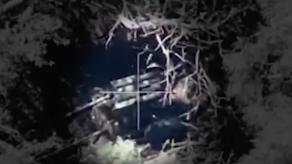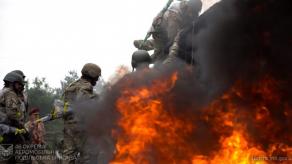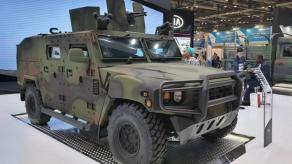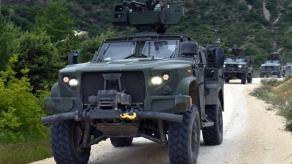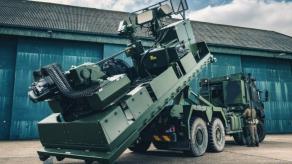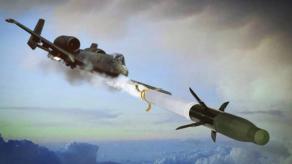Recently published in-depth report by London-based Royal United Services Institute on russia' military-industrial mobilisation draws particular attention to Rosatom's role in producing war electronics and guided missiles for the russian armed forces.
Still enjoying unrestricted flow of vital equipment and supplies from foreign manufacturers, nuclear energy operator Rosatom has avoided being targeted by Western sanctions. One reason is that formally, this russian state corporation deals solely with civilian infrastructure, but the main obstacle is that it holds Europe's energy security in its grip.
Read more: Billions in Federal Funding Are Flowing into Missile Development, Exposing Roscosmos’ Role in russia’s Military-Industrial Complex
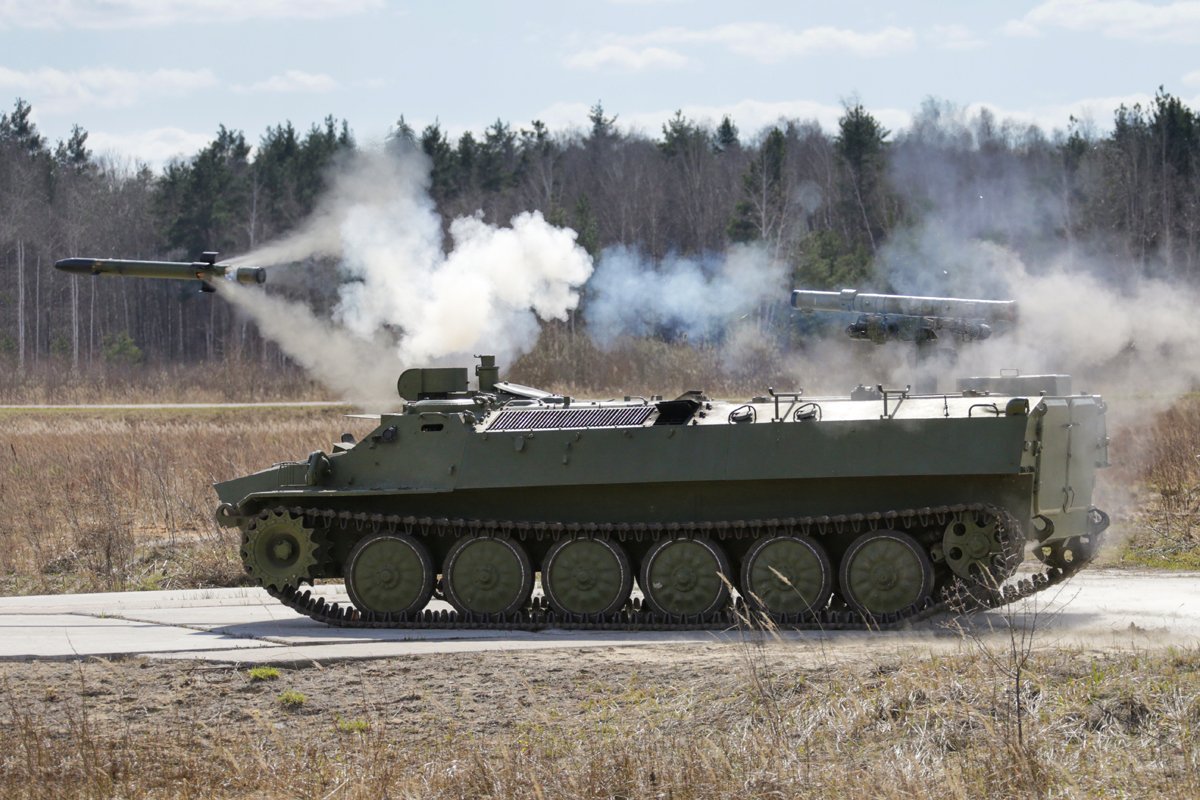
However, contrary to its peaceful facade, the structure of Rosatom includes enterprises of russia’s nuclear weapons complex, and is also deeply involved with the development and production of non-nuclear armament.
Examples include systems that have absolutely nothing with nuclear energy management: Ataka and Sturm anti-tank guided missiles, the Chrysanthem-S (other known spelling: Khrizantema-S) self-propelled ATGM, cluster munitions for the Grad and Smerch multiple launch rocket systems, the Igla-S MANPADS, smart ammunition control elements, and more.
Rosatom's ties with russia's military-industrial complex spans generations: the authors portray the corporation as the direct successor of the Soviet Ministry of Medium Machine Building, also involved in making nuclear warheads for the army.
The hesitance of Western countries in imposing sanctions against Rosatom has turned it into the Kremlin's convenient and massive cash cushion. In 2023, the enterprise earned $16 billion just from exports of nuclear fuel, or 50% of its total income ($32 billion), bringing big money into the state budget.
Furthermore, unlike many sanctioned defense industry companies, Rosatom can still import Western electronics under the cover of developing the "peaceful atom," but in fact these components serve the interests of the national military industry.
Another detail pointed out in the RUSI report is that in 2022, Rosatom created a specialized non-profit organization called KIS (stands for Critical Information Systems), tasked with domestic production of microelectronics.
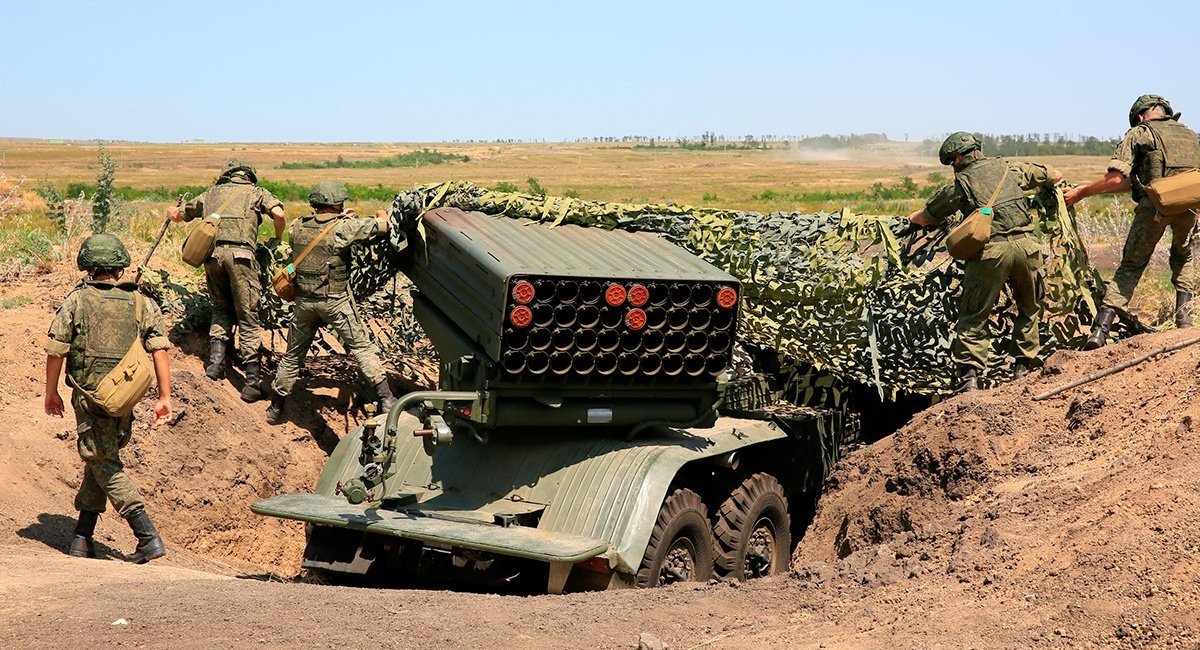
Similarly, in 2024, Rosatom's management planned to acquire and incorporate the NTC Modul company, which produces computing modules, control systems, navigation equipment, high-precision positioning, recognition systems and analysis of video images used in russian weapons, including in attack UAVs
Last but not least, Rosatom also functions as a source of covert financing for the russian military-industrial complex. Here's how the scheme works: for example, the state program labeled Development of the nuclear energy industrial complex, supervised by the Ministry of Energy, includes subprograms for financing the development of defense sector enterprises.
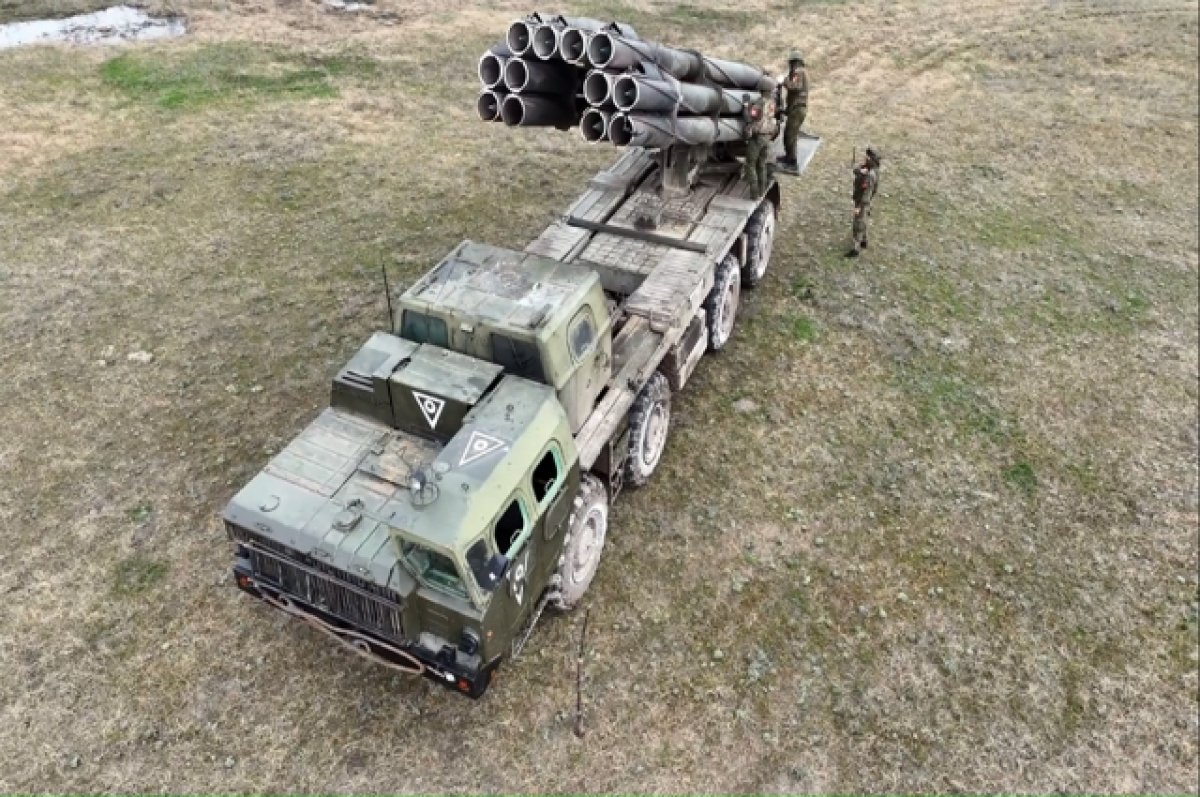
Read more: While Boasting About Khrizantemas, russians Prefer Not to Mention Their Not-So-Successful Shturm-S and Kornet-T ATGMs



